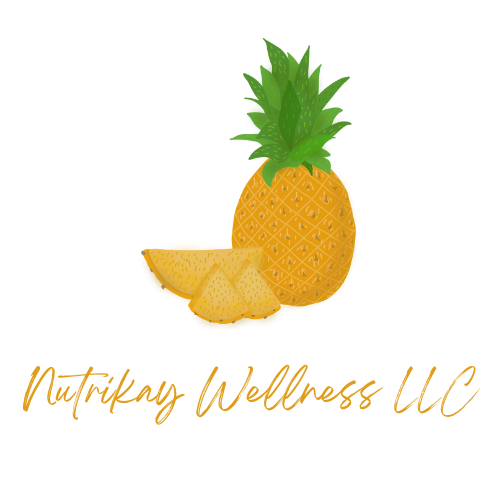The Low FODMAP Diet
The diagnosis of irritable bowel syndrome (IBS) has skyrocketed over the past decade or so. IBS is not diagnosis via a specific test, but is rather an explanation for a variety of symptoms relating to the lower portion of the GI tract. Some of these symptoms include, diarrhea, bloat, gas, constipation, stomach cramping/pains, and inconsistency of bowel movements.
In terms of treatment for IBS, the golden standard for healing your symptoms and putting your IBS into remission is to modify your diet, make lifestyle changes and supplement as needed alongside a registered dietitian.
The diet that many dietitians will recommend for their clients with IBS is called the low FODMAP diet. This diet is an elimination-style diet that goes through three different phases. The first phase includes eliminating foods that are high in FODMAPS (fermentable oligosaccharides, disaccharides, monosaccharides and polyols). These high FODMAP foods are shown to potentially cause IBS symptoms due to their rapid fermentation during digestion. The elimination phase of this diet takes out all of the high FODMAP foods to clear them out of your system. During the reintroduction phase, you would begin to add the FODMAP foods back into your diet, with the help of a registered dietitian. When you add the foods back in, your dietitian will help you to track your symptoms and monitor to see which types of FODMAPS you may react to and which your body may allow. This leads to our third phase which is personalization. This is when your dietitian will customize your diet to you for long term success based on the FODMAPS that you are sensitive to.
Johns Hopkins Medicine research states that the FODMAP diet has proven to reduce symptoms in up to 86% of individuals with IBS. It can be a very effective way of managing symptoms of IBS and alongside supplementation and lifestyle change can help bring you into remission. There are several factors such as improving gut health and balancing of hormones which can help alongside the FODMAP diet as well.
If you are interested in learning more about the FODMAP diet, send me an email to nutrikaywellness@gmail.com and we can discuss if it can benefit your IBS!
